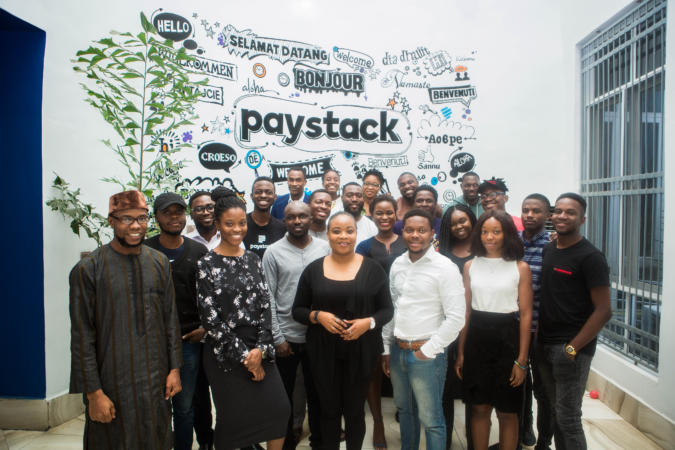Last year, Nigerian startup Paystack was bought by fintech giant Stripe in a $200 million deal that sent shockwaves across Africa’s tech ecosystem.
Now with more validation for the company, Paystack — already operating in both Nigeria and Ghana — has positioned itself to expand and launch its next location in South Africa.
“South Africa is one of the continent’s most important markets, and our launch here is a significant milestone in our mission to accelerate commerce across Africa,” the company shared in a statement. “We’re excited to continue building the financial infrastructure that empowers ambitious businesses in Africa, helps them scale and connects them to global markets.”
According to the company’s statement, this new launch also “takes us one step closer to our goal of accelerating commerce and removing barriers to trade across Africa.”
The company’s South African launch comes after a six-month pilot project that kickstarted a month after it was acquired by Stripe.
TechCrunch reports that Stripe has been aggressively expanding to other markets in anticipation of an IPO. Before acquiring Paystack, the company reportedly added 17 countries to its platform in just 18 months, but none from Africa.
Acquiring Paystack was a game-changing move to help Stripe gain access to the African online commerce market.
“There is an enormous opportunity. In absolute numbers, Africa may be smaller right now than other regions, but online commerce will grow about 30% every year,” Stripe CEO Patrick Collison told TechCrunch last year. “And even with wider global declines, online shoppers are growing twice as fast. Stripe thinks on a longer time horizon than others because we are an infrastructure company. We are thinking of what the world will look like in 2040-2050.”
Following its six-month pilot, Paystack learned that it was able to work with different businesses and grow a team to handle on-the-ground operations, as reported by TechCrunch. Now the fintech startup is setting its sights on making a splash in South Africa amongst its competition.
“The opportunity for innovation in the South African payment space is far from saturated. Today, for instance, digital payments make up less than half of all transactions in the country,” Abdulrahman Jogbojogbo — product marketer at Paystack — told the outlet. “So, the presence of competition is not only welcome; it’s encouraged. The more innovative plays there are, the faster it’ll be to realize our goal of having an integrated African market.”
Paystack is often compared to fellow African fintech company Flutterwave, as both companies offer platforms that help businesses accept payments from thousands of businesses.
Though both startups have ambitious expansion plans, Paystack is taking a more reserved approach for now to prioritize quality over quantity.
“Our goal isn’t to have a presence in lots of countries, with little regard for service quality. We care deeply that we deliver a stellar end-to-end payment experience in the countries we operate in,” Jogbojogbo said. “And this takes some time, careful planning and lots of behind-the-scenes, foundational work.”
Despite still operating independently with this goal in mind, Paystack may need to adjust its business model in the future to keep up with Stripe’s expected pace of expansion.
For more information about Paystack, visit its website.

